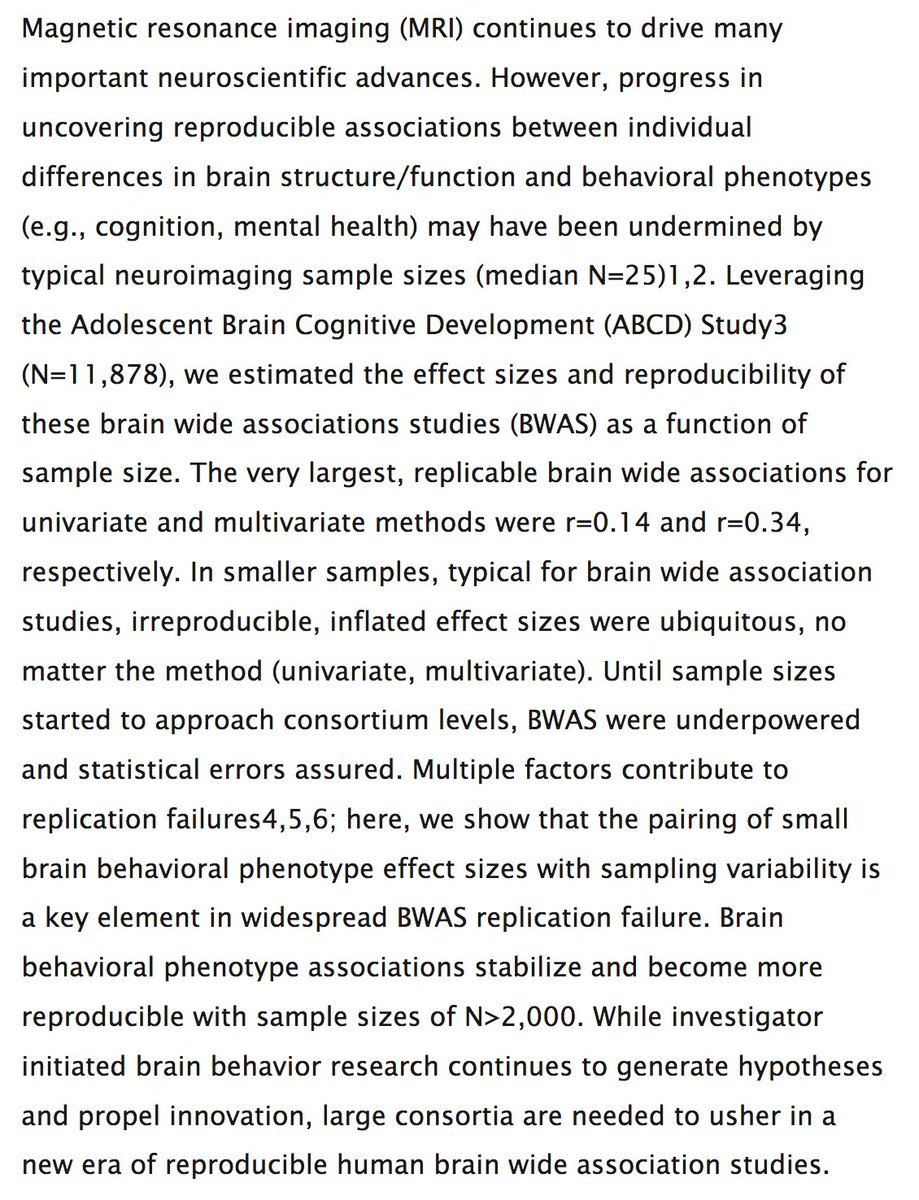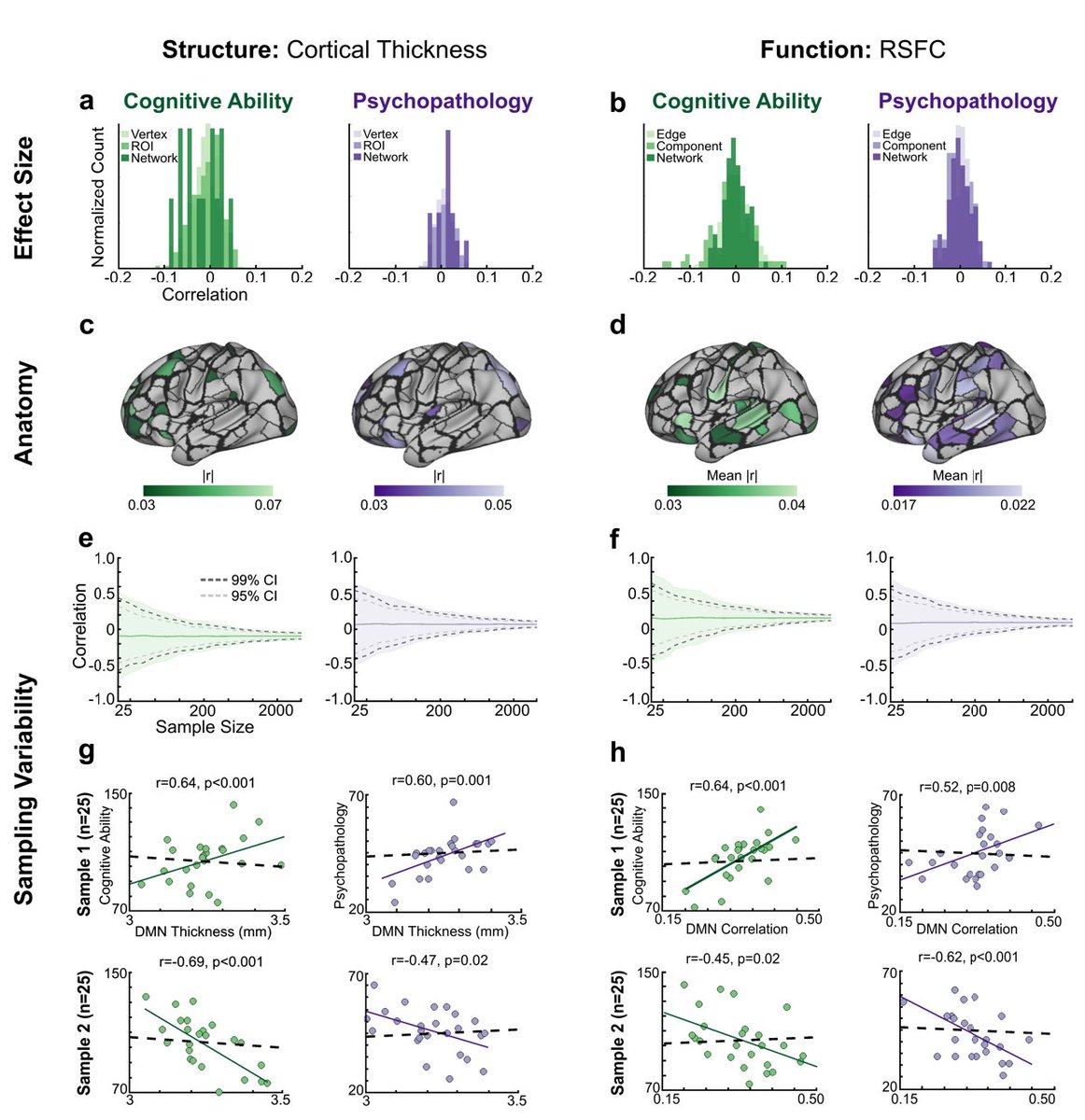
Reading here about Higher-Order Thought (HOT) theories of consciousness, which make a lot of sense to me: plato.stanford.edu/entries/consci…
Basic idea is that conscious awareness (of a percept or an intention) requires a secondary representation - the recognition that you are having that percept or intention
That all fits with lots of neural and neurological findings, though there are many possible criticisms of this framework...
But I'm surprised to find that one of them is that it would take too much "compute" to render these second-order representations
I would have thought the converse - that such higher-order representations ("thoughts") could be coarse-grained and refer to the details of the first-order patterns
And/or (consistent with attention schema theory) that highlighting just some neural patterns through this selective mechanism is a hugely efficient way to guide behaviour by selecting only some patterns for conscious cognitive operations
• • •
Missing some Tweet in this thread? You can try to
force a refresh











